Jerzy Lipman
출생 : 1922-04-10, Brześć, Polska (obecnie Białoruś)
사망 : 1983-11-11
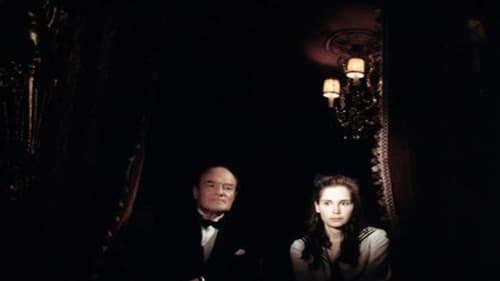
Director of Photography
In 1939, Charlotte Salomon leaves Berlin to seek refuge at her grandparents' villa in the south of France. A little later, war breaks out, and Charlotte must, besides forgetting all she left behind, deal with her grandmother's depression, and her mother's suicide. To fight despair, Charlotte starts to paint, producing over one thousand images. "Is my life real, or is it theater?" This is the title she gives her body of work, which highlights her former life in Berlin. She finds herself though her art, but in 1943 is deported to Germany and Auschwitz.

Director of Photography
This two-part drama examines the fate of Haneke’s own generation which came of age after World War II. The first part depicts the generational gap between 1950s teenagers and their parents while the second shows this same group of characters twenty years later as they have grown up to be dysfunctional and suicidal adults. Regarded as the most significant of Haneke’s early works, Lemmings contains incipient treatments of many of the themes he would later elaborate on in his theatrical features.

Director of Photography
This two-part drama examines the fate of Haneke’s own generation which came of age after World War II. The first part depicts the generational gap between 1950s teenagers and their parents while the second shows this same group of characters twenty years later as they have grown up to be dysfunctional and suicidal adults. Regarded as the most significant of Haneke’s early works, Lemmings contains incipient treatments of many of the themes he would later elaborate on in his theatrical features.

Director

Director of Photography

Director of Photography
A private detective (Glenn Corbett) infiltrates a gang of drug-dealing extortionists who prey on politicians.

Director of Photography
A story of love between French student Alain and German high school student Christine.

Director of Photography
Tells of the tribulations of a middle-aged official of the Austro-Hungarian Bureau of Weights and Measures in fighting the local shopkeepers and traders whose weights are frequently light.

Director of Photography
Docu-fiction about young people talking about their sex life.
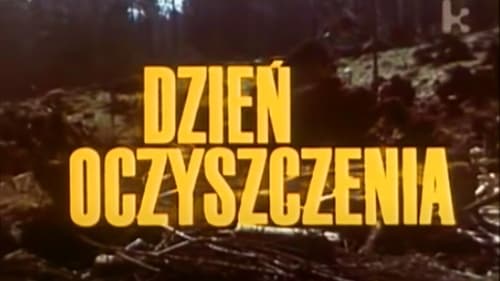
Cinematography
The film is set in the summer of 1944. The Home Army branch operating in the Sądecki region is decimated by the Germans during an attempt to take over the drop of weapons and ammunition from England. About 20 soldiers break out of the encirclement, including the commander - Major "Dziadek" - and his deputy - Captain Stańczyk. Partisans are trying to get to the ruins of a nearby castle; This is where the last ammunition container was supposed to fall. The commander sends two men to scout. Only one returns, and that is without ammo.

Director of Photography
In a fictitious European city known as Padukgrad, where a government arises following the rise of a philosophy known as "Ekwilism", which discourages the idea of anyone being different from anyone else, and promotes the state as the prominent good in society.
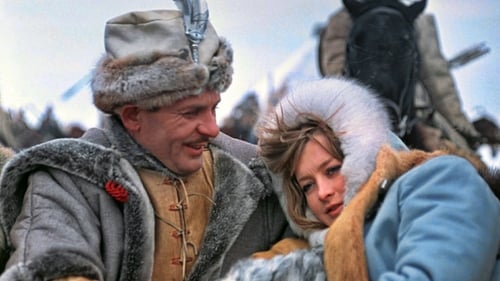
Director of Photography
In 1668 Polish colonel Michael Wolodyjowski, who recently retired to a monastery, is recalled to active duty and takes charge of Poland's eastern frontier defenses against invading Tatar hordes and Ottoman armies.
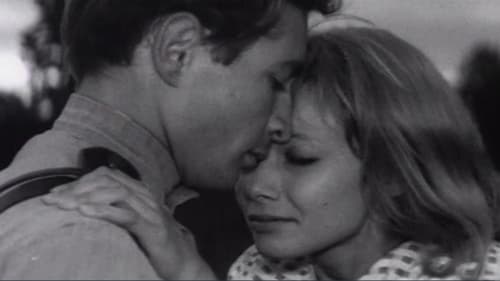
Camera Operator
In this WWII drama, Russian soldiers take a break at a scenic farm in Poland, and the unit is able to escape the horrors of war during their brief respite. A Polish farm girl and a Russian officer feel a mutual and unspoken attraction towards each other.

Director of Photography
A young boy must go to school with his father.

Director of Photography
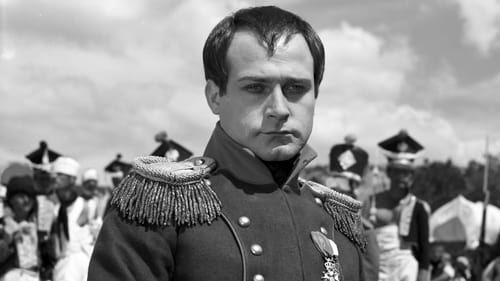
Director of Photography
Set in the time of Napoleon wars, shows how the wars swept over the unfortunate Polish country at the beginning of the XIX-th century. Story revolves around the Polish legion under command of General Dabrowski, who then fought on Napoleon's side with the hopes of Poland's revival.
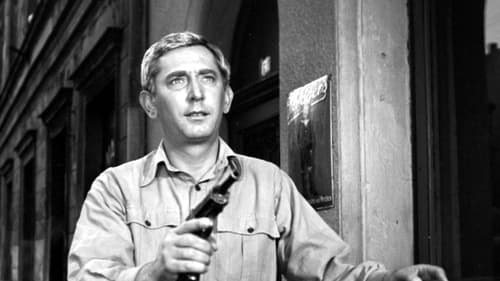
Director of Photography
At the end of World War Two, Polish people move to the western lands vacated by Germans. But some ruthless profiteers pose as government representatives and intend to make off with loot from a deserted town they took over. One honest man stands up against them because he believes these goods belong to the people.
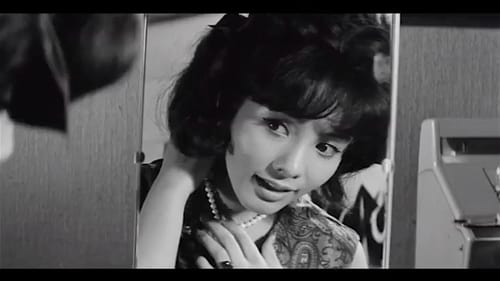
Director of Photography
Five swindle stories, taking place in five international cities: Tokyo, Japan ("Fumiko's Five Benefactors" by Hiromichi Horikawa); Amsterdam, The Netherlands ("A River of Diamonds" by Roman Polanski); Naples, Italy ("The Road Map" by Ugo Gregoretti); Paris, France ("The Man Who Sold the Eiffel Tower" by Claude Chabrol); and Marrakesh, Morocco ("The Confidence Man" by Jean-Luc Godard). Godard's segment was not included in the original French cinema release, and Polanski's segment was not included on the 2016 home disc release.
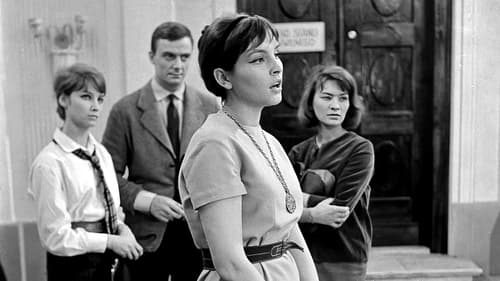
Director of Photography
Three short segments about love.
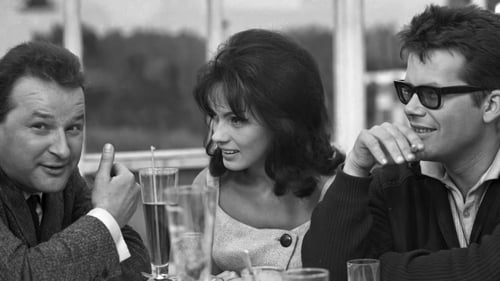
Director of Photography
A modest and plain young Małgorzata leads a very boring life as a cashier. One day a robber riddles her bank car with bullets, kills driver and two security guards and takes the money. The police finds out that the stolen banknotes are being spent at a fashionable spa resort. The only way to find the criminal is to favor Małgorzata with a seaside holiday in the company of a handsome Captain as her "brother"...
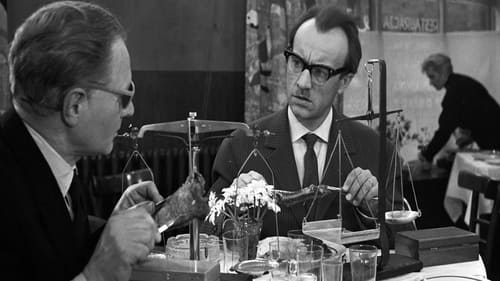
Director of Photography
The movie consists of two satirical novel based on the same idea: both the "gangsters" and "philanthropists" end up in the courtroom.
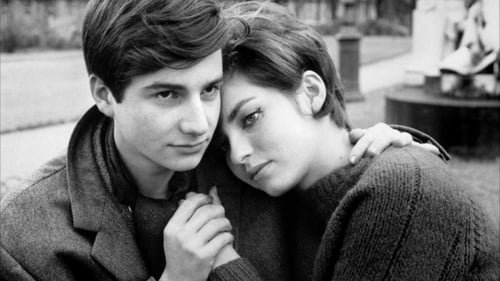
Director of Photography
Love at Twenty unites five directors from five different countries to present their different perspectives on what love really is at the age of 20. The episodes are united with the score of Georges Delerue and still photos of Henri Cartier-Bresson.

Director of Photography
On their way to an afternoon on the lake, husband and wife Andrzej and Krystyna nearly run over a young hitchhiker. Inviting the young man onto the boat with them, Andrzej begins to subtly torment him; the hitchhiker responds by making overtures toward Krystyna. When the hitchhiker is accidentally knocked overboard, the husband's panic results in unexpected consequences.

Director of Photography
In this haunting short fiction film, a group of Jewish children and their teacher are herded into an ambulance by Nazis; the vehicle, ordinarily representing comfort and safety, becomes the group’s death chamber. Morgenstern’s presentation of the incident serves as a metaphor for the horror of the Holocaust, and provides a powerful trigger for discussion of the disturbing issues raised by the film. The figure of the children's’ teacher specifically parallels Janusz Korcak (1879-1942), a famous Jewish educator who ran an orphanage in the Warsaw ghetto and died with his young charges at Treblinka.
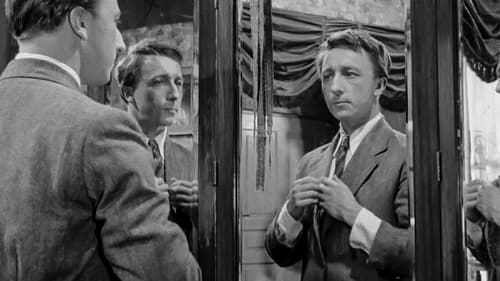
Director of Photography
To convince the prison warden against releasing him, a middle-aged Polish man recounts his life, one he considers to have been characterized by exceptionally bad luck.

Director of Photography
Set in the beginning of Wold War II, when the Polish cavalry still fought with lances against German troops. LOTNA is about a white thoroughbred horse that passed through various hands in a military outfit.
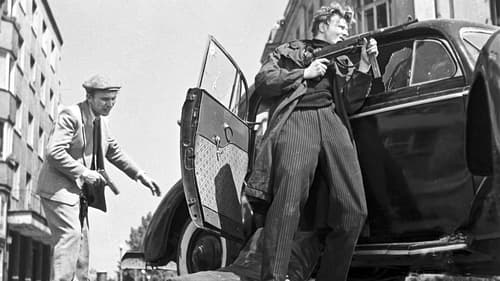
Director of Photography
Set in the occupied Warsaw, the film tells the story of the mission carried out by the student uderground resistance group to execute the hated SS General Franz Kutchera.

Director of Photography
Zbigniew Cybulski and Sonja Ziemann play lovers struggling to find happiness and privacy in overcrowded Warsaw. The movie shows an honest picture of life in a war-damaged city, contrasting the characters' difficulties with their dreams of a better life. It was banned in Poland in 1958 and would not been seen anywhere until its European release one year later.
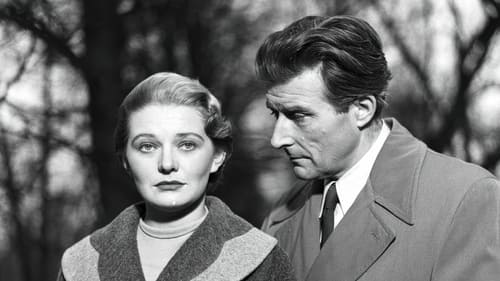
Director of Photography
Roza marries a promising young architect, Juliusz ; for a few months, they have a blissful life together. Then World War II breaks out and within weeks Juliusz is deported to a concentration camp. Months, and then years go by, until Roza abandons any hope that her husband might return. She meets and falls in love with another man, and tries to put her life back together, but one day, unexpectedly, Juliusz does return - a shattered, mere ghost of his former self, physically crippled and tormented by memories of the camps. First out of duty, then out of pity, Roza starts to care for him, but her feelings slowly are transformed into a kind of revulsion
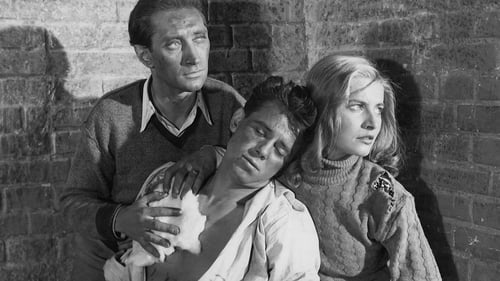
Director of Photography
1944년, 독일군은 바르샤바를 포위하고 폴란드인들은 처절한 저항을 이어간다. 폴란드군의 자드라 중위는 부하들과 함께 수로를 이용해 후퇴하라는 명령을 받지만 전우들과 함께 마지막까지 싸울 생각이었던 그는 심각한 고민에 빠진다.
1950년대, 감독 안제이 바이다의 주된 관심사는 독일에 의해 파괴된 조국의 고통스러운 현실을 치열한 역사의식으로 재구성하는 것이었다. <카날>은 전쟁의 포화로 초토화된 지상의 상황과, 국가적 이념과 인간적 가치 사이에서 갈등하는 지하의 고립된 인물들을 교차 편집하며 역사와 인간성이라는 두가지 화두를 심도 있게 탐구한 걸작이다. 1957년 칸영화제 심사위원 특별상을 수상하면서 바이다를 전세계에 알린 작품이기도 하다.
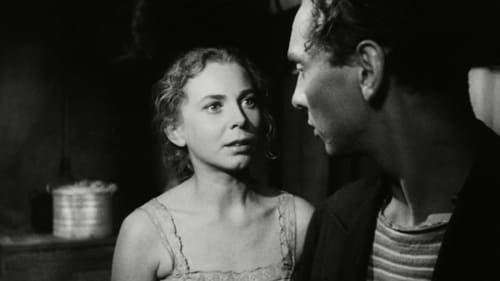
Director of Photography
A man has been found dead after having been hurled from a train. As security agents, police and a medical examiner piece together his identity, three accounts emerge: one set during World War II, one in the immediate aftermath of the war, and one in contemporary Poland.
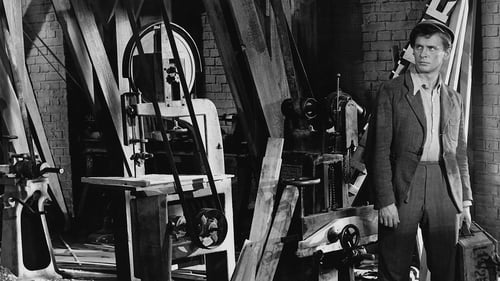
Director of Photography
독일 점령기에 폴란드 민족진영의 주도로 일어난 1944년의 바르샤바 봉기중 레지스탕스 활동을 벌인 폴란드 젊은이들의 이야기를 다룬 영화.

Director of Photography

Director of Photography
A documentary about the night life in a city. While some sleep, others work.

Writer
A documentary about the night life in a city. While some sleep, others work.

Director of Photography
Andrzej Wajda's first movie looks at the pottery in the town of Iłża, Poland. Much of it shows the actual process of creating all the objects out of clay.


























